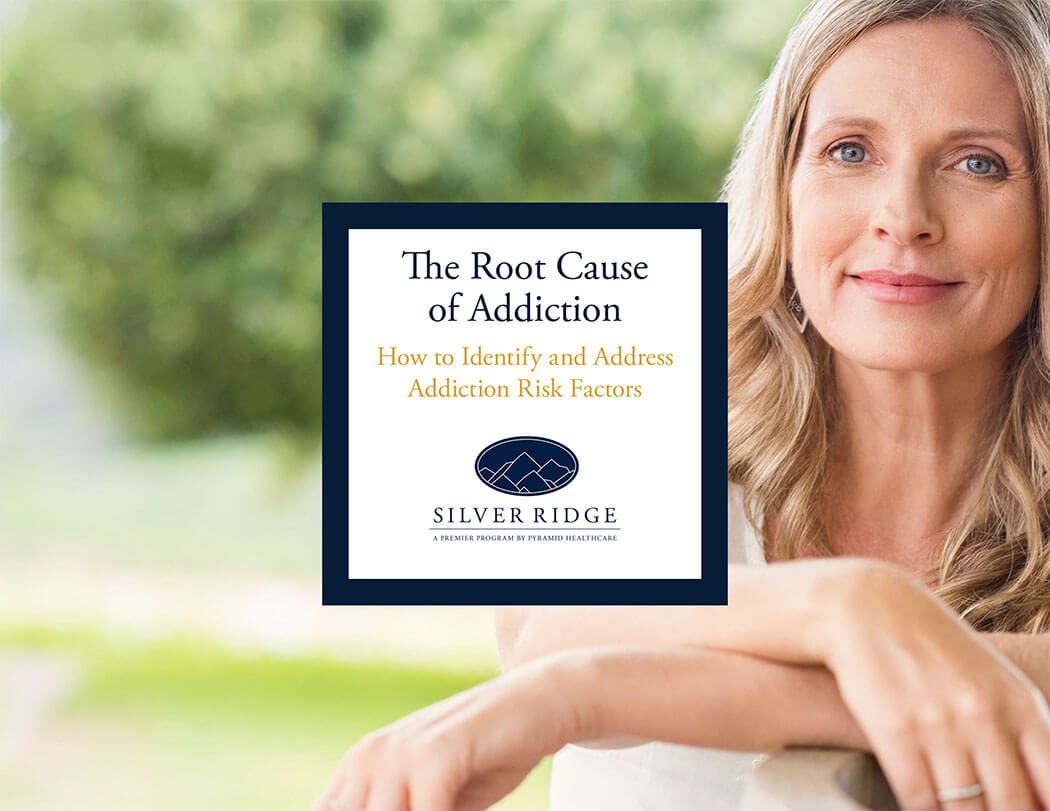The Root Cause of Addiction: How to Identify and Address Addiction Risk Factors

Addiction is a highly complex disease that affects thought and behavior and takes a toll on body, mind and spirit. Substance abuse and addiction almost always have underlying causes, and these roots of addiction must be addressed in order to end an addiction for the long-term.
The most common roots of addiction are chronic stress, a history of trauma, mental illness and a family history of addiction. Understanding how these can lead to chronic substance abuse and addiction will help you reduce your risk of becoming addicted. Here, we will discuss addiction and its roots, and we’ll look at practical ways in which you can lower your risk of developing an addiction to drugs or alcohol.
Understanding Addiction
Addiction is characterized by the inability to stop using drugs or alcohol even though using is causing problems in your life. This compulsive drug use despite negative consequences is the result of changes in brain function and structure that affect your thought patterns and behaviors.
When you use drugs or alcohol, the neurotransmitter dopamine is released in the brain, causing feelings of pleasure. The memory region of the brain records a memory of this feeling. The learning center forms connections between the pleasure, the drug use and the environmental cues that are present during use, which are known as triggers.
Over time, the connection the brain makes between using and the pleasure it produces becomes stronger and may lead to intense cravings. These powerful cravings are produced by the same mechanisms that drive us to eat food and procreate in order to survive. Changes in brain function and structure resulting from addiction affect the way we think and behave.
That’s why it’s so easy to justify your drug use. It’s easy to sink into denial that there even is a problem. It’s easy to make excuses for yourself. And it’s easy to do things that you would never have done before you became addicted, like be dishonest or steal.
Addiction will grow progressively worse if it’s not treated. It will also likely lead to dependence, which occurs when changes in brain function cause the brain to operate more “normally” when drugs or alcohol are present than when they’re not.
When you stop using a substance once you’ve developed a dependence on it, normal brain function will begin to rebound. This causes the onset of withdrawal symptoms, which can range from mild to severe.
Substance Abuse Is the First Step to Addiction
Some people argue that addiction is a choice, but science says otherwise. It is true that engaging in substance abuse is a choice—at first. Substance abuse is the act of using drugs or alcohol in a way that causes problems in your life, according to the University of Maryland Medical Center.1 These problems may involve your relationships, finances or health. They may stem from legal troubles or from taking risks you wouldn’t otherwise take, such as having unprotected sex.
People abuse drugs and alcohol for a variety of reasons: …
References:









